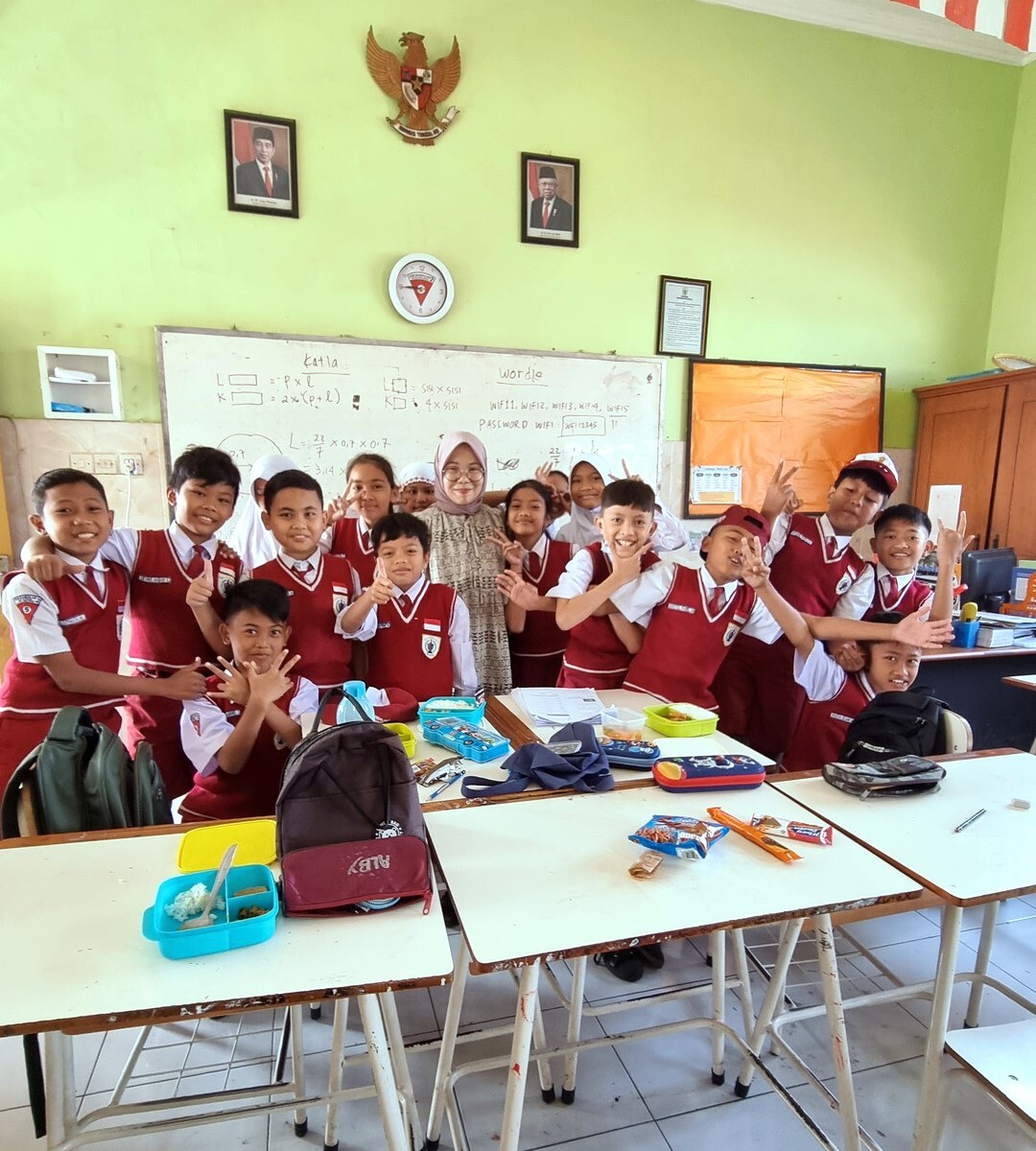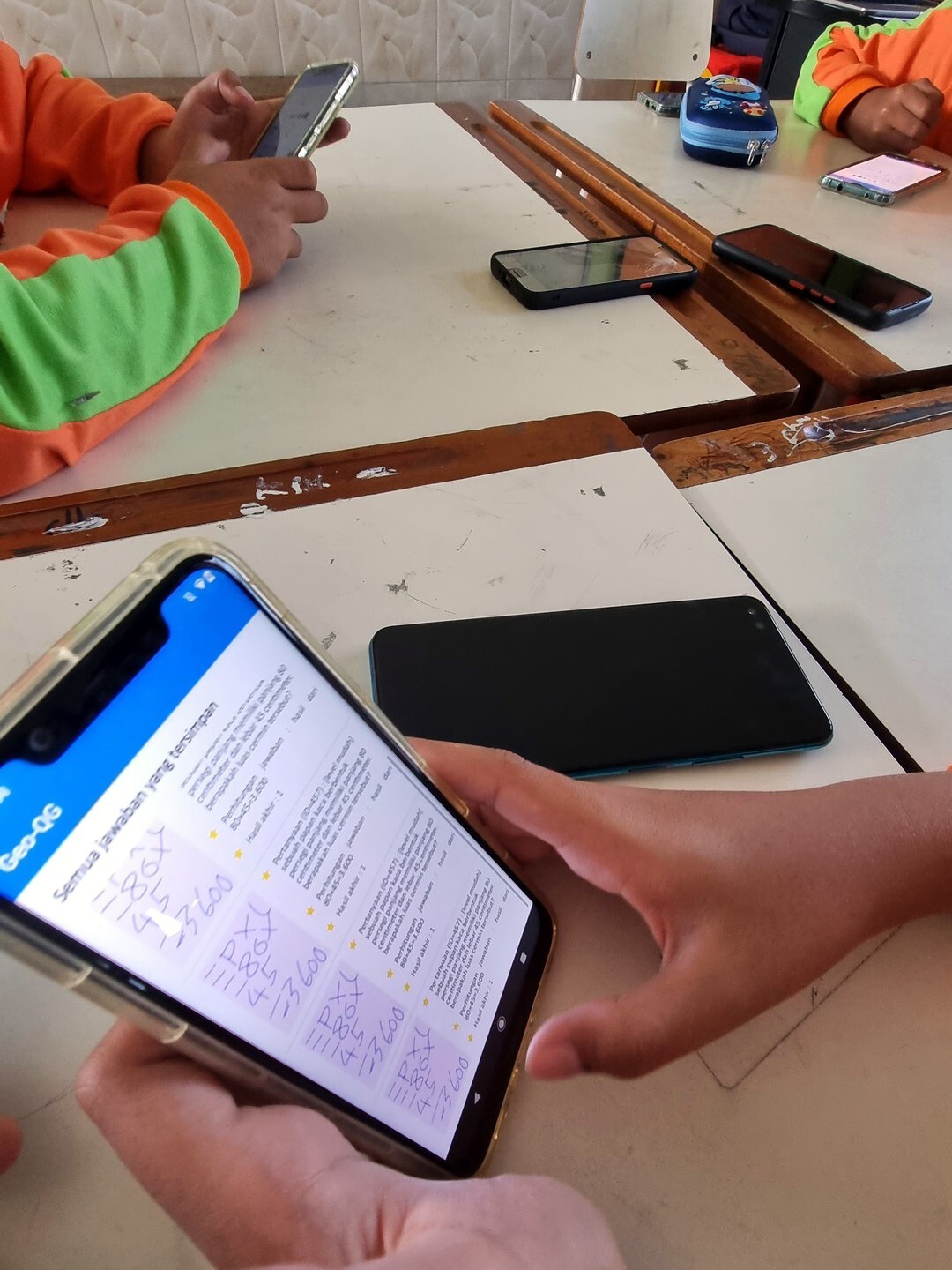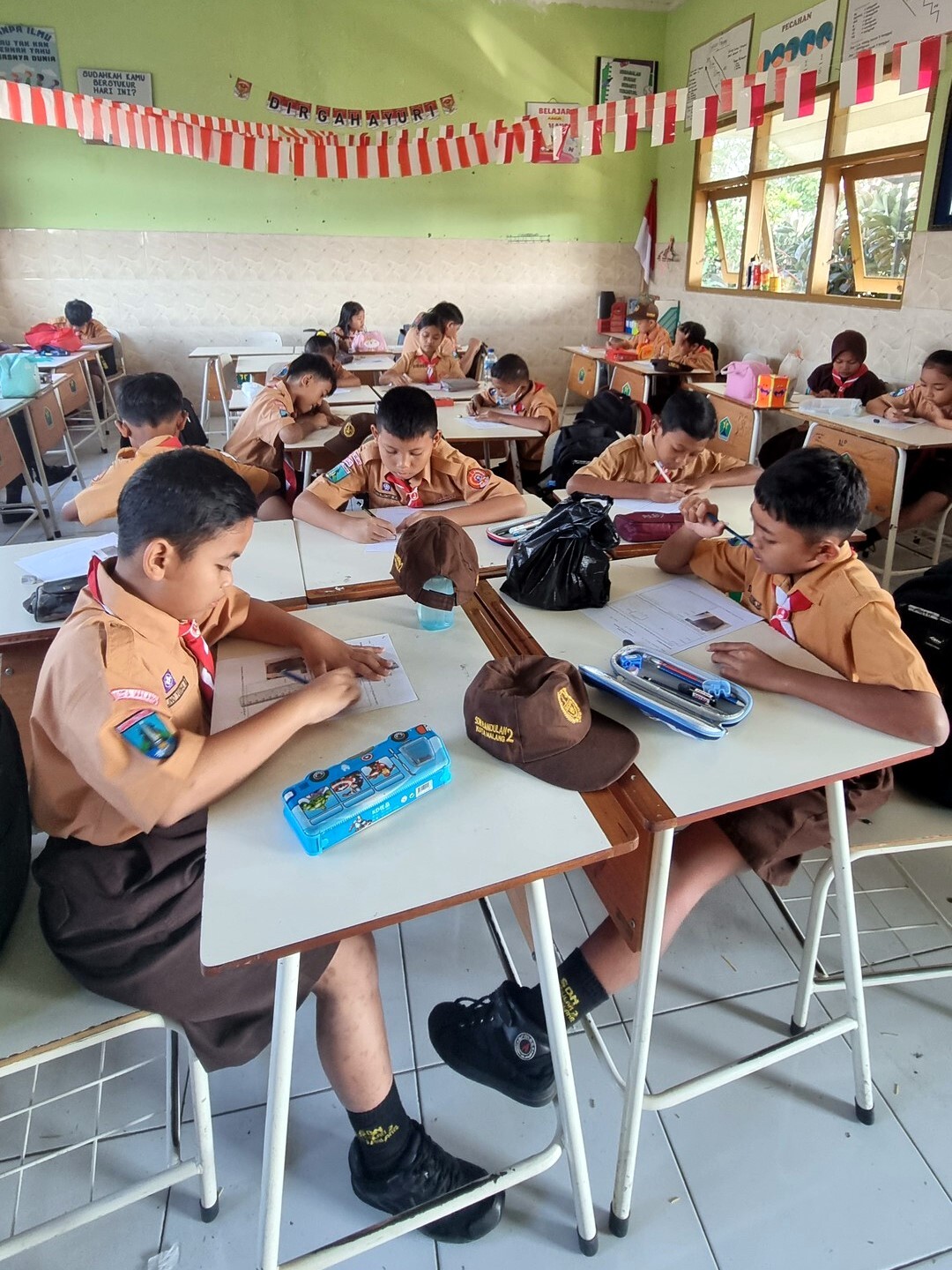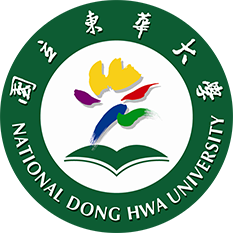International Research Team Develops Advanced Math Word Problem Generation Systems to Transform Mathematics Education

A groundbreaking international research team from Department of Computer Science and Information Engineering, National Dong Hwa University(Taiwan), The Faculty of Advanced Technology and Multidiscipline, Universitas Airlangga,(Indonesia), and Brawijaya University(Indonesia)has developed two innovative systems that leverage Generative Pre-trained Transformer(GPT)technology to automatically generate real-life context-based math word problems(MWPs). These systems are designed to enhance students' mathematical thinking and problem-solving skills, focusing on geometry and demonstrating how technology can significantly improve learning outcomes and experiences.
The first study introduces a GPT-powered system that automatically creates math problems tailored to varying levels of difficulty based on students' needs. Recently submitted to the prominent journal Education and Information Technologies(March 2024), this study highlights the system's unique ability to overcome the limitations of traditional word problems, which are often detached from real-life applications. By incorporating dynamic, context-aware recognition, this system helps students develop problem-solving skills progressively. Results indicate that the system's questions meet high standards in both language quality and mathematical rigor, effectively engaging students in higher-order thinking.
The second study showcases the Geo-QG system, focused on personalized word problem generation and enhanced geometry learning, submitted to the respected Journal of Educational Computing Research(May 2024). Geo-QG combines augmented reality(AR)technology with GPT models, enabling students to solve geometry problems in real-life settings. By dynamically creating personalized, context-rich word problems, Geo-QG deepens students' understanding of geometric concepts and promotes the practical application of math skills. Experimental findings show that students using Geo-QG significantly outperformed those using traditional textbooks, especially in problem comprehension, mathematical concept application, and overall problem-solving abilities.
These two studies underscore the transformative potential of generative AI in math education. The systems not only reduce the time and effort teachers spend crafting questions but also provide students with more challenging, realistic, and personalized learning experiences. Anticipated to play a critical role in the future of mathematics education, these systems are set to support students in applying their knowledge to real-world scenarios and advancing their problem-solving skills.




